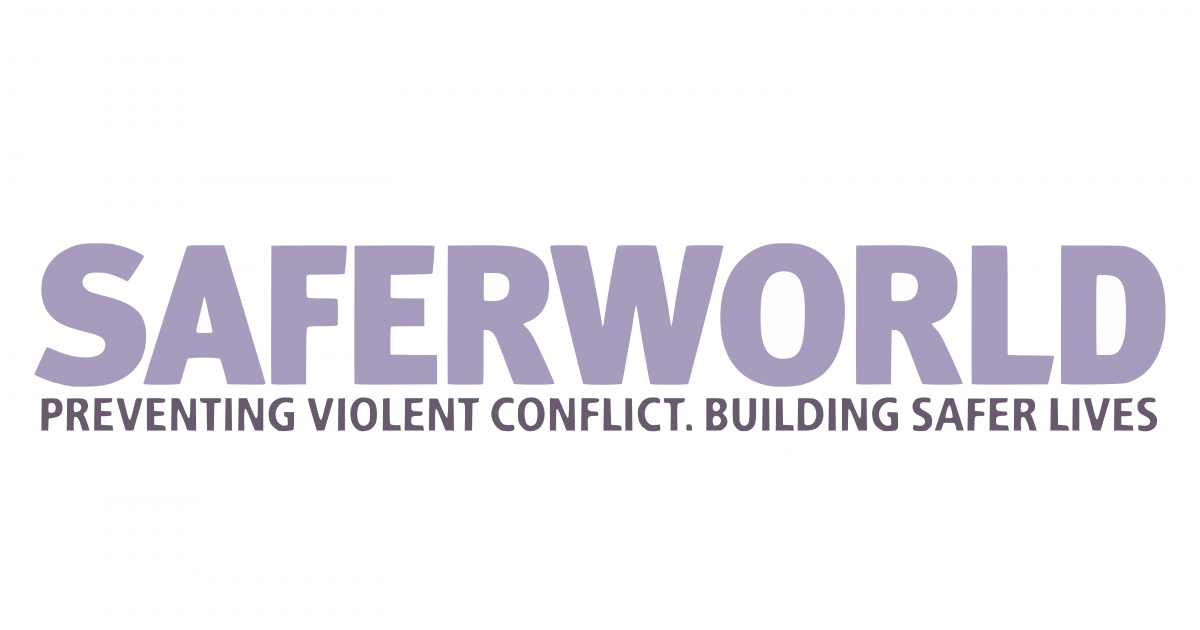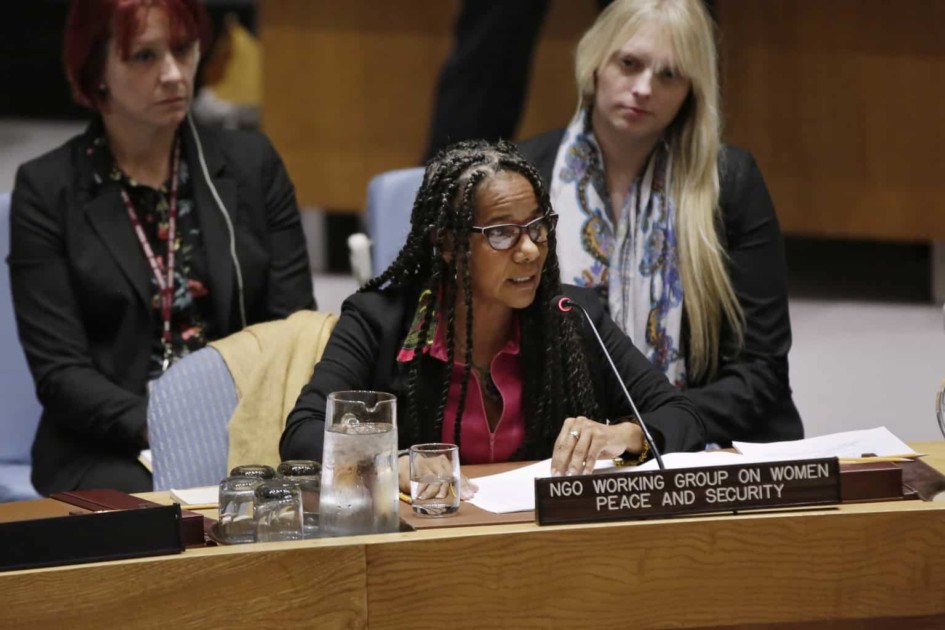Small Arms & Light Weapons
Most present-day conflicts are fought mainly with small arms and light weapons (SALW). Armed non-state actors, including insurgents, pirates, and terrorists, can increase their force and destabilize communities through the acquisition of unlawful firepower. Small arms are relatively cheap, light in weight, and easy to use, transport and conceal. The build up of small arms does not alone create the conflicts in which they are used; however, their excessive accumulation can escalate conflict by increasing the means of violence. Violence becomes more lethal and lasts longer, creating a greater sense of insecurity, which in turn leads to a greater demand for weapons. In 2013, the Security Council adopted resolution 2117, its first ever text dedicated exclusively to SALW, reminding states to take measures to prevent the sale, transfer, and export of SALW as well as to avoid violating existing arms embargos.
Given the impacts of the flow of arms on heightening levels of violence in conflict, the NGOWG WPS encourages the Security Council to acknowledge the impact of SALW on women and calls for reporting on gender-specific service provision, including for survivors of sexual and gender based violence committed with SALW. Women also participate in the trafficking of SALW and the gendered dimensions of the SALW also needs to be recognized in all conflicts to ensure the deterrence of the sale and transport of SALW between countries and regions.
Small Arms & Light Weapons
Most present-day conflicts are fought mainly with small arms and light weapons (SALW). Armed non-state actors, including insurgents, pirates, and terrorists, can increase their force and destabilize communities through the acquisition of unlawful firepower. Small arms are relatively cheap, light in weight, and easy to use, transport and conceal. The build up of small arms does not alone create the conflicts in which they are used; however, their excessive accumulation can escalate conflict by increasing the means of violence. Violence becomes more lethal and lasts longer, creating a greater sense of insecurity, which in turn leads to a greater demand for weapons. In 2013, the Security Council adopted resolution 2117, its first ever text dedicated exclusively to SALW, reminding states to take measures to prevent the sale, transfer, and export of SALW as well as to avoid violating existing arms embargos.
Given the impacts of the flow of arms on heightening levels of violence in conflict, the NGOWG WPS encourages the Security Council to acknowledge the impact of SALW on women and calls for reporting on gender-specific service provision, including for survivors of sexual and gender based violence committed with SALW. Women also participate in the trafficking of SALW and the gendered dimensions of the SALW also needs to be recognized in all conflicts to ensure the deterrence of the sale and transport of SALW between countries and regions.
Current and Past Recommendations to the UN Security Council (Monthly Action Points)
The Council is expected to hold a high-level debate on small arms and light weapons (SALW), likely focusing specifically on the Security Council’s work on SALW. The prevalence of SALW violence disproportionately affects women and girls globally, and further integration of women into efforts to combat and eradicate the illicit trade in small arms is needed. The Council should ensure that any outcome of these discussions mainstreams gender considerations, with specific action recommended on: ensuring sanctions regime components, including embargoes, and criteria for monitoring, including for expert groups, contain specific provisions regarding gender considerations; ensuring full and robust implementation of the ATT’s provision on preventing gender-based violence when considering arms transfer requests; ensuring disarmament, demobilization and reintegration programmes incorporate an effective gender perspective, thus enabling equal access and opportunity for women and girls to engage in reconstruction and rebuilding initiatives; the crucial role of disarmament in conflict prevention; and addressing the connections between women’s capacity to participate in peace processes as per SCR 1325, and the challenges to this posed by the prevalence, proliferation, and use of SALW locally and nationally.
Relevant Resources









